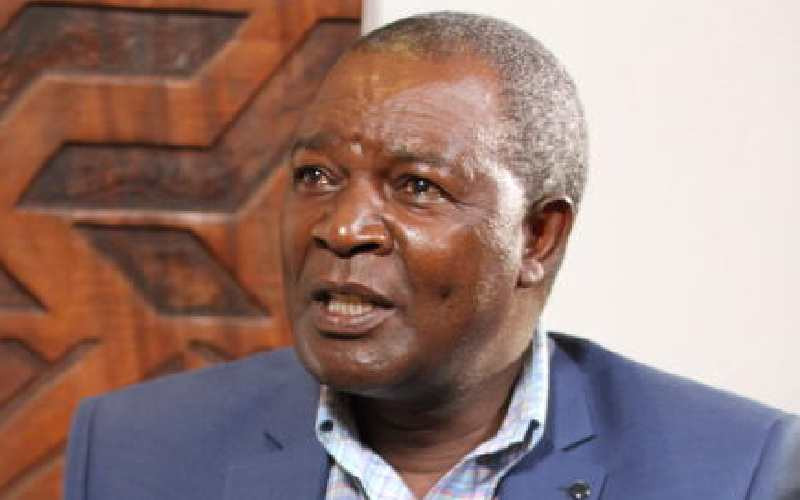×
The Standard e-Paper
Join Thousands Daily

Former Central Bank of Kenya Governor Njuguna Ndungu during the interview. [Elvis Ogina, Standard]
President William Ruto would love to replicate the miracle of Mwai Kibaki, Kenya's third Head of State, credited with turbo-charging the country's economy.